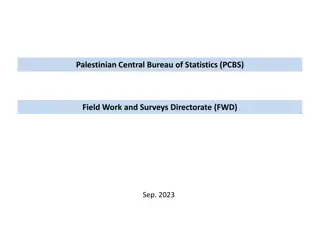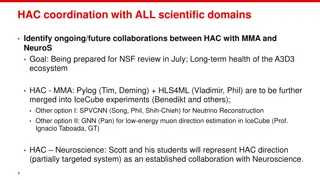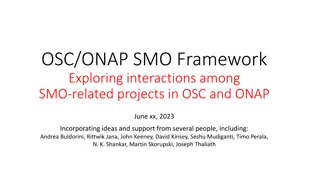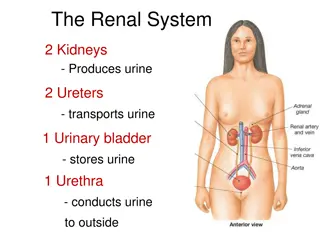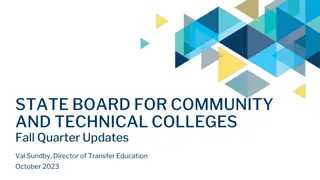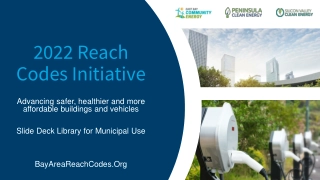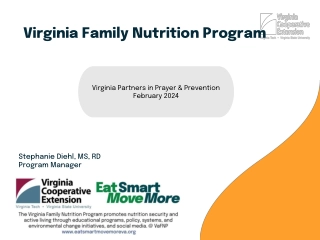Falls and TBI
January 10, 2023 Show Me Falls Free Missouri Coalition event to learn about TBI, falls, and aging. Presented by Kelli Barton, PhD, Gerontologist, Director of Health and Aging.
Download Presentation
Please find below an Image/Link to download the presentation.
The content on the website is provided AS IS for your information and personal use only. It may not be sold, licensed, or shared on other websites without obtaining consent from the author. Download presentation by click this link. If you encounter any issues during the download, it is possible that the publisher has removed the file from their server.
- Falls Prevention
- Traumatic Brain Injury
- Aging
- Missouri Coalition
- Show Me Falls Free
- Kelli Barton
- Gerontologist
- Health and Aging
Presentation Transcript
January 10,2023 Show Me Falls Free Missouri Coalition Falls and TBI Kelli Barton, PhD Gerontologist Director, Heath and Aging
Agenda What is TBI? Falls, TBI, and Aging Resources
What is a Traumatic Brain Injury (TBI)? A head injury caused by a bump, blow, or jolt to the head or body or a penetrating head injury that results in disruption of normal brain function (CDC) A major cause of death and disability Symptoms can range widely Depending on the severity of the injury, those who get a TBI may face health problems that last a few days or the rest of their lives In 2020, there were over 64,000 TBI- related deaths in the US or about 176 TBI- related deaths every day https://www.cdc.gov/traumaticbraininjury/index.html
Mild TBI & Concussion Symptoms May appear right away or may not appear for hours or days after injury Typically improve over time, and most people with a mild TBI or concussion feel better within weeks Sleep Sleeping less than usual Sleeping more than usual Trouble falling asleep Physical Thinking & Remembering Attention or concentration problems Feeling slowed down Foggy or groggy Problems with short- or long-term memory Trouble thinking clearly Bothered by light or noise Dizziness or balance problems Feeling tired, no energy Headaches Nausea or vomiting (early on) Vision problems Social or Emotional Anxiety or nervousness Irritability or easily angered Feeling more emotional Sadness https://www.cdc.gov/traumaticbraininjury/concussion/symptoms.html
Nearly 30% adults report having had a concussion in their lifetime. 30% of According to one survey, 42% respondents with a TBI did not seek medical care. 42% of Source: https://www.ncbi.nlm.nih.gov/pmc/articles/PMC7048626/ Source: https://www.tandfonline.com/doi/abs/10.1080/02699050601111419
Moderate & Severe TBI Behavior Trouble controlling behavior Personality changes More impulsive than usual May result in an extended period of unconsciousness (coma) or amnesia Can lead to long-term or life-long health problems that may affect all aspects of a person s life Effects may change over time Thinking and Learning Difficulty understanding and thinking clearly Trouble communicating and learning skills Problems concentrating Difficulty remembering information Emotion/Mood Feeling more emotional than usual Nervousness or anxiety Feeling more angry or aggressive than usual Sadness, depression Motor Skills, Hearing, and Vision Weakness in arms and legs Problems with coordination and balance Problems with hearing and vision Changes in sensory perception, such as touch https://www.cdc.gov/traumaticbraininjury/concussion/symptoms.html
Falls, TBI, and Aging Falls are the most common cause of TBI, particularly in older adults and young children TBIs often missed or misdiagnosed in older adults because symptoms overlap with other medical conditions that are common among older adults, such as dementia Older adults are more likely to be hospitalized and die from a TBI than other age groups
Falls are the most common Falls are the most common cause of TBI hospitalizations. cause of TBI hospitalizations. Deaths from Fall Deaths from Fall- - Related TBI, 2008 Related TBI, 2008- -2017 2017 National rate of fall-related TBI deaths increased by 17% from 2008 to 2017 Rates increased significantly in 29 states (including Missouri) In 2017, national rates were highest among persons age 75+ and males The rate among persons age 75+ was about 8x higher than that among those aged 55 74 years Motor vehicle traffic crashes 24% Other 27% Falls 49% Source: CDC, 2017 Estimates Source: https://www.ncbi.nlm.nih.gov/pmc/articles/PMC7367089/
Fall/Jump-Related TBI in MO by Age Under 15 22% Age Age Under 15 15 - 24 25 - 44 45 - 64 65 and Over 2,737 Total n n 1,660 891 868 1,290 65 and Over 37% 15 - 24 12% 7,446 25 - 44 12% 45 - 64 17% Source: MO DHSS 2015 MICA data
Frailty Related to increased risk of falls Not a direct natural consequence of aging Often results from intersection of age-related decline with chronic diseases and conditions Ground or low-level (low- energy) falls, which are typical in frail patients, is the major cause for the increasing prevalence of elderly patients with TBI Source: https://journals.lww.com/co-criticalcare/Fulltext/2022/04000/Acute_traumatic_brain_injury_in_frail_patients_.10.aspx
Healthcare providers should check for signs and symptoms of TBI if an older adult has: Fallen or has a fall-related injury, such as a hip fracture Been in a car crash This is especially important among older adults who are taking blood thinners Source: https://www.cdc.gov/traumaticbraininjury/get_the_facts.html
Resources Prevention Area Agencies on Aging (AAAs) disease prevention / health promotion programs: https://health.mo.gov/seniors/aaa/exercise-health.php E.g. Matter of Balance, Tai Chi Free to anyone age 60+ A CDC Compendium of Effective Fall Interventions: What Works for Community-Dwelling Older Adults: https://www.cdc.gov/homeandrecreationalsafety/pdf/fall s/cdc_falls_compendium-2015-a.pdf TBI Brain Injury Association of Missouri (BIA-MO): https://www.biamo.org/ DHSS Adult Brain Injury Program: https://health.mo.gov/living/healthcondiseases/tbi/
MO Brain Injury Advisory Council (MBIAC) Quarterly, next meeting: 1/23/23 Time:10:00 a.m. 1:00 p.m. Place: Hybrid meeting in person or using WebEx Cedar Conference Room-912 Wildwood Drive, Jefferson City OR Join meeting (click on meeting - https://stateofmo.webex.com/stateofmo/j.php?MTID=m3fa44c4 42d01c29abef83d12e09920cb) Meeting ID: 2455 957 4078 Meeting password: MBIAC Call in numbers: (573)751-6351
Contact: Kelli Barton bartonkn@umkc.edu Questions?
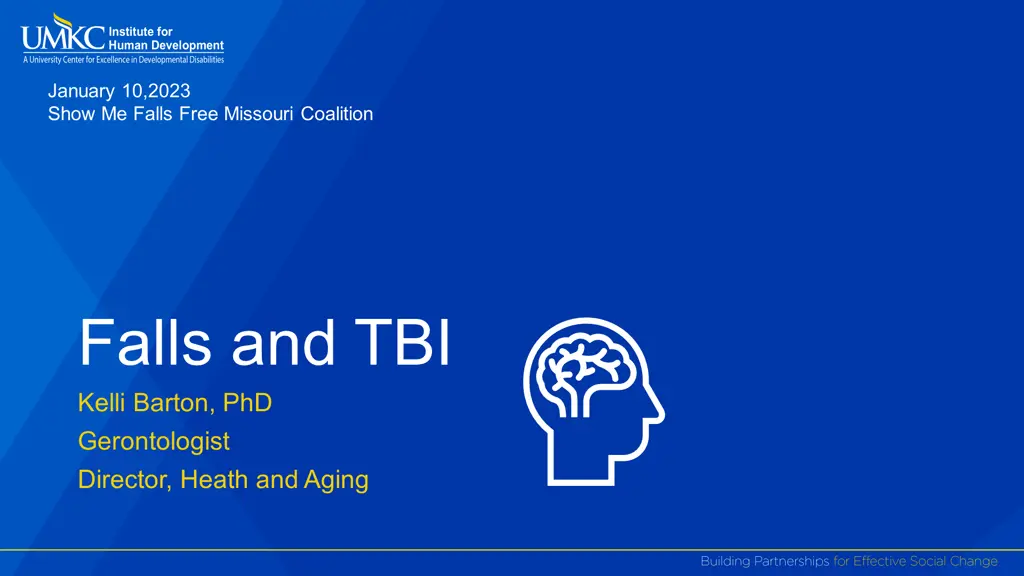

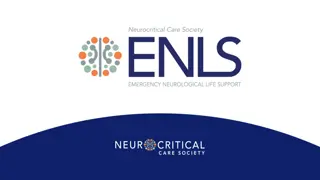
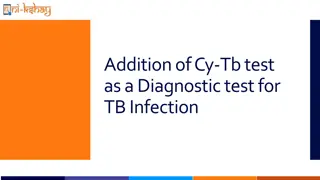
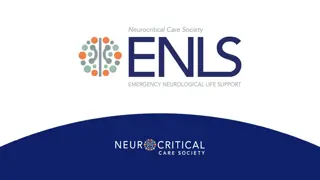






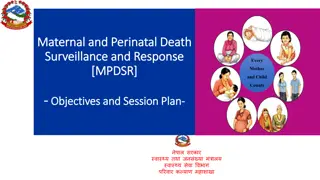









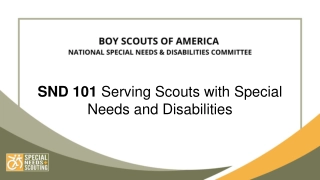

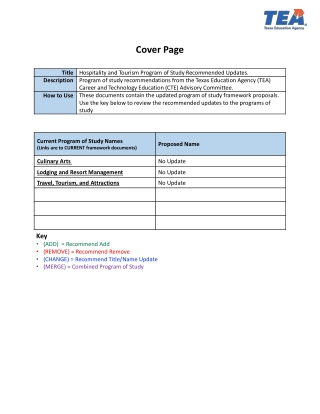





![Prevention and Combating of Hate Crimes and Hate Speech Bill [B.9B.2018]](/thumb/60513/prevention-and-combating-of-hate-crimes-and-hate-speech-bill-b-9b-2018.jpg)




